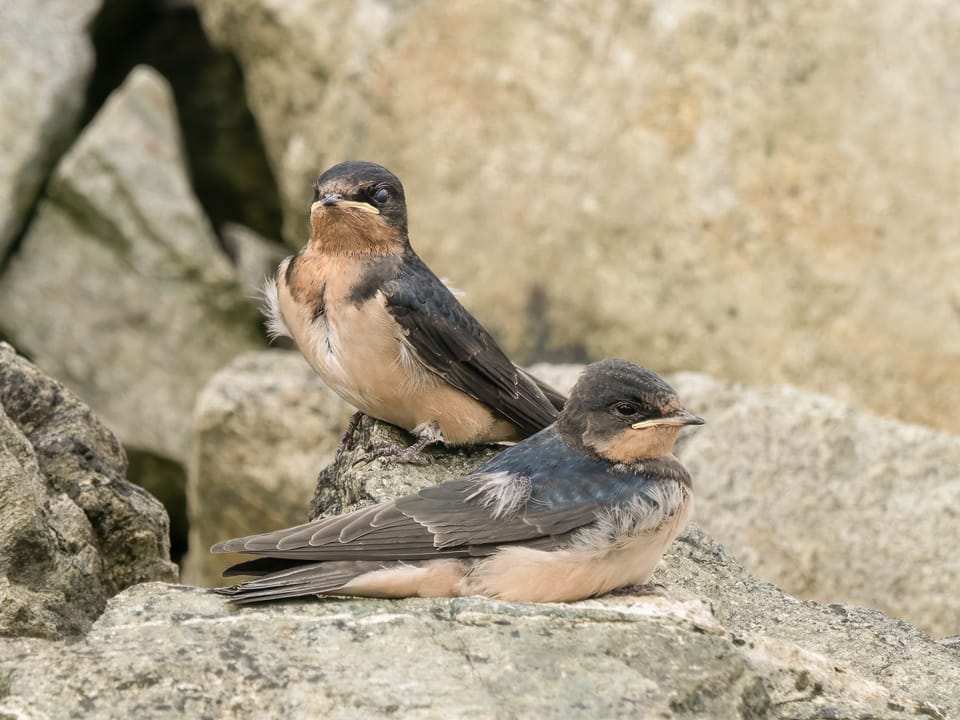EcoWest News, August 27, 2024

Welcome to EcoWest News, a weekly round-up of news and resources that you can put to use in addressing environmental issues and protecting the wild in your community.
Across the West
Saskatchewan is moving forward with a $1.15 billion Lake Diefenbaker Irrigation Project despite an incomplete feasibility study. Concerns have been raised about the lack of transparency regarding the project’s economic benefits and environmental impact. [CBC]
Alberta Health Professionals for the Environment (AHPE) is a new working group of the Alberta Environmental Network. Their goal is to promote sustainable practices and policies to safeguard both public health and the environment. They plan to launch a comprehensive database of resources and downloadable materials. [AEN]
First Nations are withdrawing their support for the Prince Rupert pipeline project that would cut a swathe through their forests and cross 1,000 waterways. [The Narwhal, The Tyee]
Pollination by wild bees results in larger fruit and yields as well as greater quantity – plus wild bees are more efficient than honey bees. The BC Bee Atlas hopes to increase our knowledge of wild bees and identify areas of particular conservation value. [Hakai Magazine]
Across Canada
Join with seniors across Canada on October 1 for a Seniors Day of Climate Action. Plans are already underway in over 50 communities. [Seniors for Climate]
How Can We Save Canada’s Peatlands? with Lorna Harris, director of WCS Canada’s Peatlands and Climate Change Program, is available online. [45 min, YouTube]
Around the World
Campaign group Transport & Environment has published a report calling for reforms to minimize the environmental impact of cruise ships. These include: enforcing the use of genuine e-fuels, connecting to shore-side electricity while docked, limiting cruise ship traffic in areas vulnerable to marine and air pollution, and a tax on the luxury industry to raise additional climate finance. [The Guardian]
“Urban trees could replace as much as 10 percent of annual lumber needs in the United States, but many are currently being chopped up for mulch, reducing their carbon sequestration abilities.” [Planetizen]
By turning wastewater treatment plants into ecofactories, communities can build resilient, adaptive wastewater infrastructure while also addressing climate change commitments. [ReNew Canada]
A study analyzing over 230 fisheries has determined that fisheries are over-estimating the number of fish available, a bias that could result in stock collapse. [UVic]
Transportation
Reshaping the built environment into a walkable haven boosts the local economy and increases sustainability by reducing emissions, improving air quality, and creating healthier neighbourhoods. [Planetizen]
A transportation planner says BC governments “spend about $1,000 annually per capita on roads, $215 on urban transit subsidies, plus about $50 on sidewalks and bikeways, but less than $5 on interregional bus services.” What would those figures look like for your province? [West Coast Climate Action Network]
Limiting the size of SUVs and trucks would reduce emissions and wear and tear on roads while improving safety for pedestrians and other road users. [Planetizen]
Making a Difference
The Los Angeles County Youth Climate Commission enables young people to participate in shaping climate policy, ensuring their concerns and ideas are integrated into governmental decision-making. It’s the first of its kind in the nation. [Planetizen]
DIY
Buying secondhand clothing maintains our culture’s shopping addiction. “Buying fewer, better-quality items that last longer reduces waste and the need for constant replacements. It’s also a lesson in mindful consumption: appreciating what you have and making deliberate choices about what you add to your wardrobe.” [The Guardian]
Nature’s Wonders
A residential tower overlooking Victoria’s Inner Harbour hopes a pair of peregrine falcons will move into a penthouse suite prepared especially for them. [Times Colonist]
Photo credit: https://www.flickr.com/photos/apmckinlay/53947700768
EcoFriendly West informs and encourages initiatives that support Western Canada’s natural environment through its online publication and the Nature Companion website/app. Like us on Facebook, follow us on Twitter or Mastodon, or subscribe by email.

Member discussion